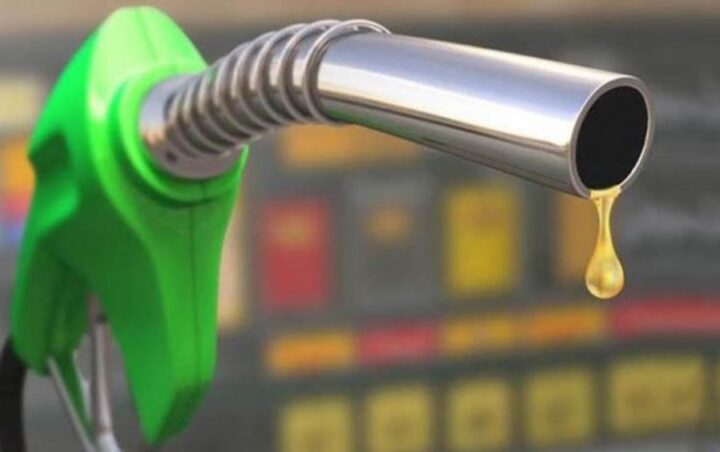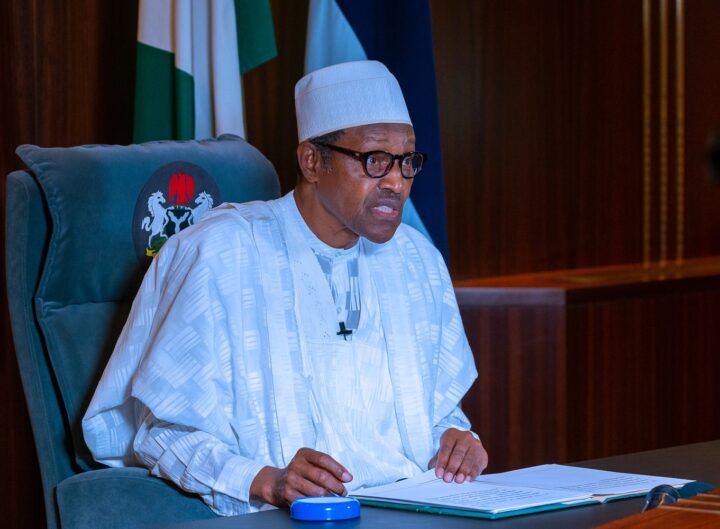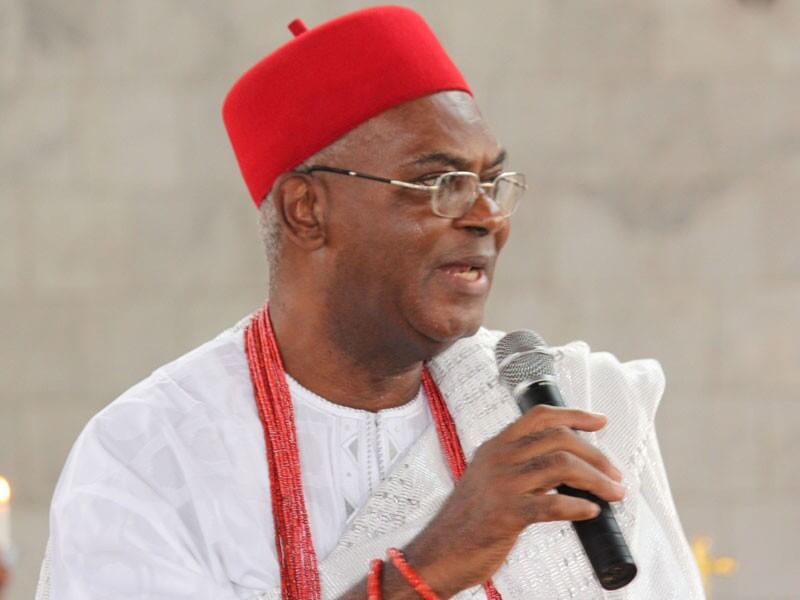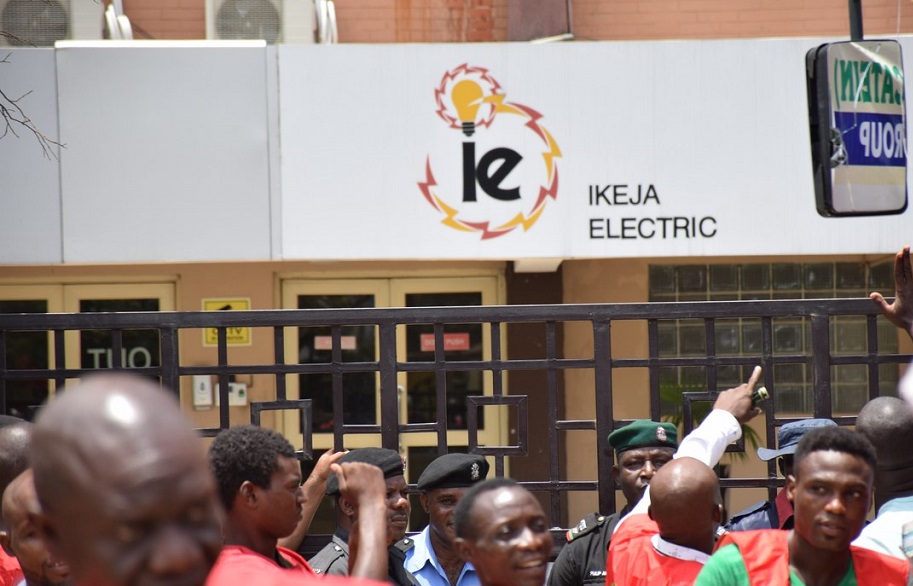Stakeholders and business owners in the petroleum industry have lauded the federal government’s decision to abolish fuel subsidy and deregulate the downstream section of the industry.
Commenting on the reactions generated by the increase in petrol pump price, the stakeholders all agreed that the decision to allow petrol price to be determined by market forces is good for the economy.
The federal government had, in March, announced that the retail price of petrol would be determined by market forces.
Retailers, on Thursday, began selling petrol at different prices ranging from N158 to N162 per litre after an increase in the ex-depot price was announced on Wednesday.
Advertisement
Adetunji Oyebanji, chairman of the Major Oil Marketers Association of Nigeria (MOMAN), subsidy removal will encourage investment in the sector which will result in job creation.
Oyebanji said the eventual retail price will be determined by each individual company.
“Consistent with global best practices, MOMAN does not dictate prices to its members as this would be anti-competition in a fully deregulated market,” he explained.
Advertisement
“The ministry of petroleum resources should also be telling Nigerians that we can no longer afford subsidy. If we keep it, the investment in infrastructure, health, education, etc., will not be possible. We are borrowing so much to finance our budget. We spent over a trillion naira on subsidy last year. It is unsustainable.”
Sani Yau, a director at NIPCO Plc and chairman of SY Petroleum Limited, said deregulation will eventually result in price reduction in the nearest future when other market fundamentals converge to create the desired competitive market space.
John Agidigan, an independent marketer, explained that before this increase, market forces had forced the price per litre down to N121, then up to N131 and later N148.
Agididan explained that under a deregulated environment, prices are expected to rise and fall in response to the volatility of demand and supply.
Advertisement
According to him, the new deregulated regime would always ensure the availability of the product in the market at an affordable price based on the supply, adding that this regime was better than what obtained in the past when Nigerians had to contend with extreme scarcity and its attendant challenges such as long queues at fuel stations.
Aggrey Koleijo, another stakeholder in the sector, advised Nigerians to consider the benefits of the new pricing regime rather than react to the price increase which will be reversed when market forces dictate.
He said the same market forces that brought about price reduction not long ago were still responsible for the hike and can still ensure a reduction, depending on the demand and supply activities within the industry.
Mac Udiewe, an oil analyst, said the price of fuel would surely go down in a few months’ time when the supply of the product would increase geometrically with the entrance of products from private refineries such as the Dangote Refinery and other modular refineries.
Advertisement
Add a comment







